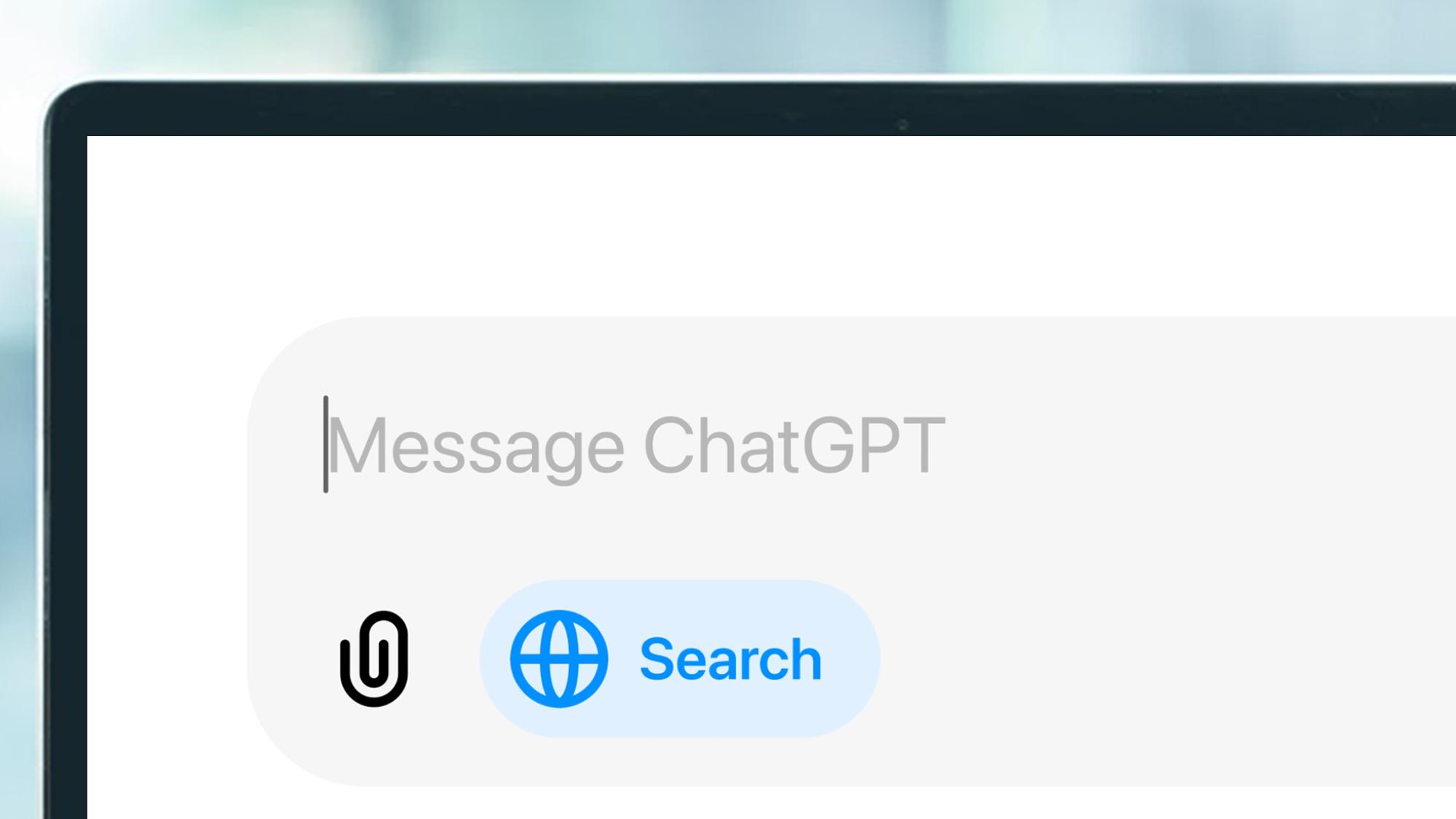Windows 10 diehards can keep their beloved OS secure for a little while longer (for a fee) as Microsoft pleas with them to be reasonable
For years, Windows 10 has served as a reliable operating system for millions of users around the world. It has been praised for its user-friendly interface, improved performance, and enhanced security features. However, like all good things, its time on center stage is coming to an end, as Microsoft has recently announced that support for Windows 10 will be gradually phased out. While this is a natural progression, diehard Windows 10 enthusiasts can still extend their OS’s security for a little longer, albeit at a cost.
Microsoft has urged users to upgrade to the latest version of its operating system, Windows 11, which promises exciting new features and enhanced security measures. The company argues that Windows 11 offers better protection against evolving cyber threats and is better equipped to handle the demands of an increasingly digital world. However, not everyone is eager to make the switch.
For those who wish to hold on to the familiar interface and feel of Windows 10, Microsoft has come up with a compromise: a paid extended security update (ESU) program. This program allows Windows 10 diehards to continue receiving critical security updates and patches for a limited period beyond the official end of support. While this may seem like a reasonable solution, critics argue that users should not have to pay extra to keep their operating systems secure.
Microsoft’s plea for users to be reasonable in this situation can be seen as a request to understand the challenges and costs associated with maintaining outdated software. Developing and maintaining software is a complex process that requires continuous effort and resources. As technology advances and new threats emerge, it becomes increasingly difficult for companies to provide support for old operating systems without compromising on security and efficiency. By offering an ESU program, Microsoft is making an effort to accommodate the desires of Windows 10 enthusiasts while also acknowledging the realities of software development.
However, the decision to charge for extended support raises ethical questions. Windows 10 users have already invested in the operating system and have been receiving support for free until now. Some argue that it is unfair to charge them extra to ensure their security. Furthermore, it may create a divide between those who can afford the extended support and those who cannot, potentially leaving some users vulnerable to cyber threats.
Ultimately, it is a delicate balance for Microsoft to strike. While the company wants to incentivize users to upgrade to Windows 11, it also wants to avoid alienating its loyal Windows 10 user base. The ESU program can be seen as an attempt to navigate this dilemma. By offering extended security for a fee, Microsoft ensures that diehard Windows 10 users are not completely left behind while incentivizing them to eventually upgrade to Windows 11.
the Windows 10 diehards have the option to keep their beloved operating system secure for a little longer through Microsoft’s paid extended security update program. While this offering is a compromise, it has drawn criticism for requiring users to pay extra to maintain a secure system. Microsoft’s plea for reasonable understanding reflects the challenges faced in maintaining outdated software. Ultimately, this decision highlights the difficult balancing act between accommodating user preferences and encouraging upgrades to newer, more secure operating systems.
Hey Subscribe to our newsletter for more articles like this directly to your email.
